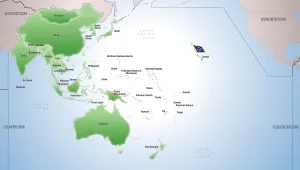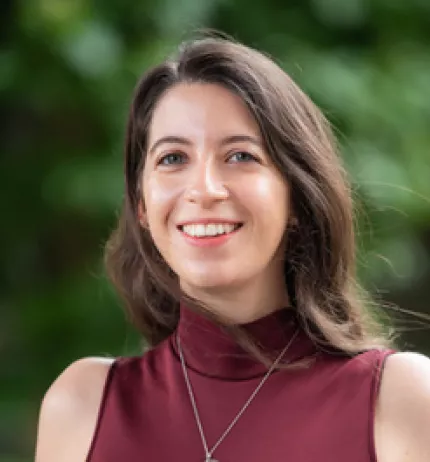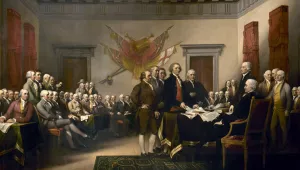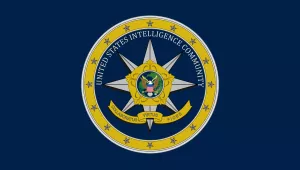Your search did not return any results. Please try another search.
by Victoria Mayo , Eric Marguerite and Michael Miner
Reports & Papers
from
Belfer Center for Science and International Affairs, Harvard Kennedy School

USINDOPACOM Map (US State Dept.)
by Victoria Mayo
by Edward Figueroa
Article
from
Belfer Center for Science and International Affairs, Harvard Kennedy School

Army Spc. Rachel Christensen/DoD
January 2022
by Susan Davenport
Fall 2021
by Natalia Angel
Blog Post
from
Belfer Center for Science and International Affairs, Harvard Kennedy School
September 2020
by Jason Begley

Wade Roberts






